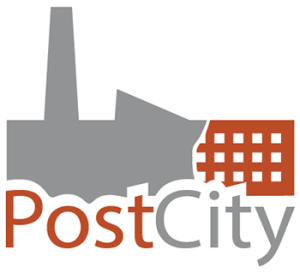
The Transformation of the Postindustrial City: Space, Community, and Work
The PostCity project responds to burning issues that mark the everyday life in present-day Croatia. It deals with contemporary social processes triggered by deindustrialisation. It addresses the transformation of the postindustrial city in three spheres:
space – the neuralgic points, changes and potentials of deindustrialised sites,
work – the policies, practices, and experiences of former industrial workers,
communities – the inhabitants of former industrial areas, and the changes in their ways of life.
PostCity explores the postindustrial social dynamics from the perspectives of cultural anthropology and cultural geography. It uses qualitative methods and long-term ethnographic research in order to grasp the experiences of transformation in particular deindustrialised micro-locations. It maps people’s spatial practices, organised events, and practices of everyday life and analyses concrete challenges of spatial and social planning in situ from the perspective of the members of those communities.
Due to such an in-depth methodological approach, the project focuses on only one city – Zagreb. During socialism, Zagreb was the city with the strongest industry and the most citizens working in industry in Yugoslavia. On the other hand, since 1990, Croatia, and Zagreb with it, has gone through a difficult period of deindustrialisation marked by war, the postsocialist transition and privatisation, as well as global economic crises. The deindustrialisation of Zagreb resulted not only in the decline of industrial production, but also in the loss of a sense of well-being and drastic changes in the urban landscape. Nowadays, the postindustrial areas of Zagreb function as wastelands, drosscapes, and deindustrialised ruinscapes, but also as areas of business, activism, artistic interventions, reindustrialisation, and urban regeneration. This is why Zagreb is a potent field for the analysis of postindustrial processes.
PostCity seeks to establish a research model and the basis for further comparative research of deindustrialised areas in the national and international context. By generating new knowledge on postindustrial transformations, PostCity aims at stimulating academic and professional debates about the experiences of life, work and space in the deindustrialised city. By providing research-based insights, it wishes to prompt broader discussions about these public interest issues - how to repurpose industrial spaces in a way that fits with citizens’ desires, and the strategies by which they can attain visions of the good life and a better urban future in the postindustrial context.
